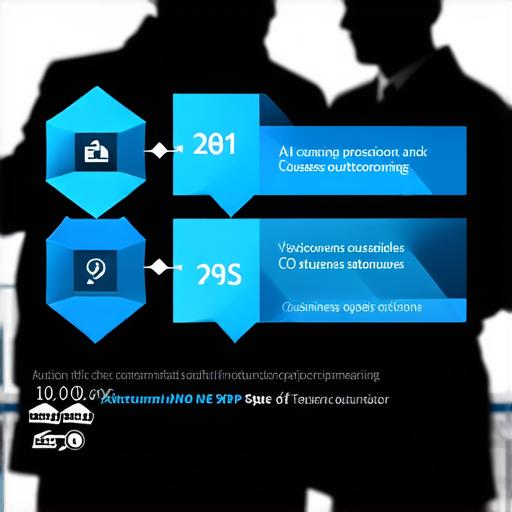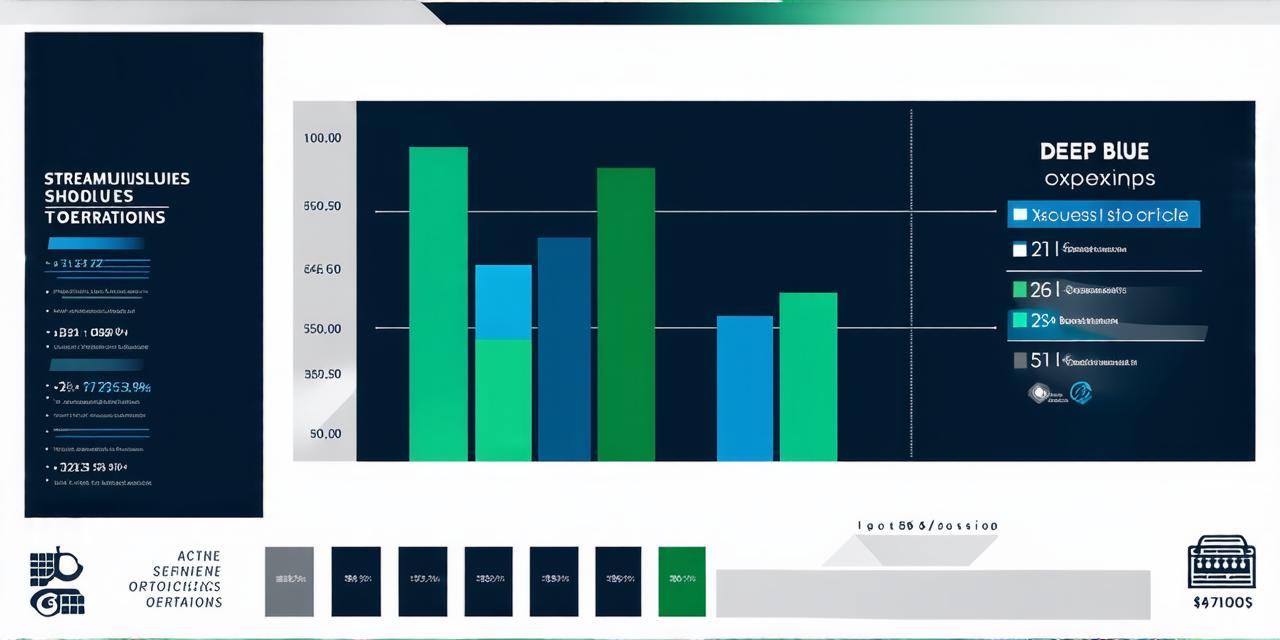Business process outsourcing (BPO) is a practice that involves outsourcing business functions or processes to third-party providers. This can include everything from accounting and finance to customer service and human resources. BPO has become increasingly popular in recent years, as companies look for ways to reduce costs, increase efficiency, and improve customer satisfaction.
Benefits of Business Process Outsourcing
Cost Savings
One of the main reasons companies turn to BPO is to reduce costs. By outsourcing processes to a third-party provider, companies can save money on salaries, benefits, and other expenses associated with running an in-house operation.
Increased Efficiency
BPO providers often have specialized expertise and resources that can help companies improve efficiency. For example, a BPO provider may have access to the latest accounting software or customer service technology, which can help companies streamline their operations and reduce errors.
Improved Customer Satisfaction
BPO can also help improve customer satisfaction by providing 24/7 support or other services that may not be possible in-house. For example, a company that outsources its customer service functions may be able to provide round-the-clock coverage, which can improve response times and reduce wait times for customers.
Expertise
BPO providers often have expertise that companies may not have in-house. For example, a BPO provider may have experience with a particular software or technology that a company does not use, which can help the company improve its processes and reduce errors.
Focus on Core Business Activities
By outsourcing non-core business activities, companies can free up resources and focus on their core business activities. For example, a company that outsources its accounting and finance functions may be able to spend more time on product development or marketing, which can help the company grow and remain competitive.
Challenges of Business Process Outsourcing
Communication
Communication can be a challenge in BPO relationships, as companies must rely on third-party providers to perform important functions. This can lead to misunderstandings or miscommunications, which can result in errors or delays.
Data Security
Data security is another concern for companies that outsource processes. BPO providers may have access to sensitive information, such as financial data or customer personal information, which must be protected from unauthorized access or theft.
Cultural Differences
Cultural differences can also pose a challenge in BPO relationships, as companies may need to work with providers from different countries or regions. To overcome this challenge, it is important for companies to be aware of cultural differences and work to build strong relationships with their BPO providers based on mutual respect and understanding.
Legal Compliance
BPO providers must comply with a wide range of legal and regulatory requirements, which can be complex and time-consuming. Companies must ensure that their BPO providers are compliant with all relevant laws and regulations in order to avoid legal issues and protect their reputation.
Examples of Business Process Outsourcing in Practice
Accounting and Finance
Many companies outsource their accounting and finance functions to third-party providers. This can include everything from bookkeeping and tax preparation to financial analysis and reporting. By outsourcing these functions, companies can save money on salaries and benefits, improve efficiency, and ensure that all financial data is properly accounted for and reported.
Customer Service
Customer service is another popular area for BPO outsourcing. Companies may outsource their customer service functions to provide 24/7 coverage or to take advantage of specialized expertise in a particular area, such as social media management. By outsourcing these functions, companies can improve customer satisfaction and reduce wait times for support.
Human Resources
Human resources is another area where BPO outsourcing is common. Companies may outsource their HR functions to provide benefits administration, payroll processing, or other services. By outsourcing these functions, companies can save money on salaries and benefits, improve efficiency, and ensure that all HR-related tasks are performed accurately and consistently.
IT Support
IT support is another area where BPO outsourcing is popular. Companies may outsource their IT support functions to provide technical assistance, software support, or other services. By outsourcing these functions, companies can improve efficiency, reduce downtime, and ensure that all IT-related tasks are performed accurately and consistently.
Procurement
Procurement is another area where BPO outsourcing is common. Companies may outsource their procurement functions to provide sourcing, negotiation, and other services. By outsourcing these functions, companies can save time and resources on procurement activities, improve supplier relationships, and ensure that all procurement-related tasks are performed accurately and consistently.
FAQs
Q: What is business process outsourcing (BPO)?

A: Business process outsourcing (BPO) is a practice where companies outsource one or more of their business processes to third-party providers. This can include everything from accounting and finance to customer service and human resources.
Q: What are the benefits of BPO?
A: The benefits of BPO include cost savings, increased efficiency, improved customer satisfaction, expertise, focus on core business activities, communication, data security, cultural differences, legal compliance, and scalability.
Q: What are the challenges of BPO?
A: The challenges of BPO include communication, data security, cultural differences, legal compliance, vendor lock-in, lack of control, quality issues, intellectual property, and integration with existing systems.
Q: What industries use BPO the most?
A: Industries that use BPO the most include finance, healthcare, insurance, retail, hospitality, transportation, and manufacturing.
Q: Can BPO be used for all business processes?
A: Yes, BPO can be used for all business processes, including accounting and finance, customer service, human resources, IT support, procurement, and more.
Summary
In conclusion, business process outsourcing (BPO) is a practice that can provide many benefits to companies, including cost savings, increased efficiency, improved customer satisfaction, expertise, focus on core business activities, and more. However, BPO relationships can also pose challenges, such as communication, data security, cultural differences, legal compliance, and vendor lock-in. By working closely with their BPO providers and establishing strong communication channels, companies can overcome these challenges and reap the many benefits of BPO.
